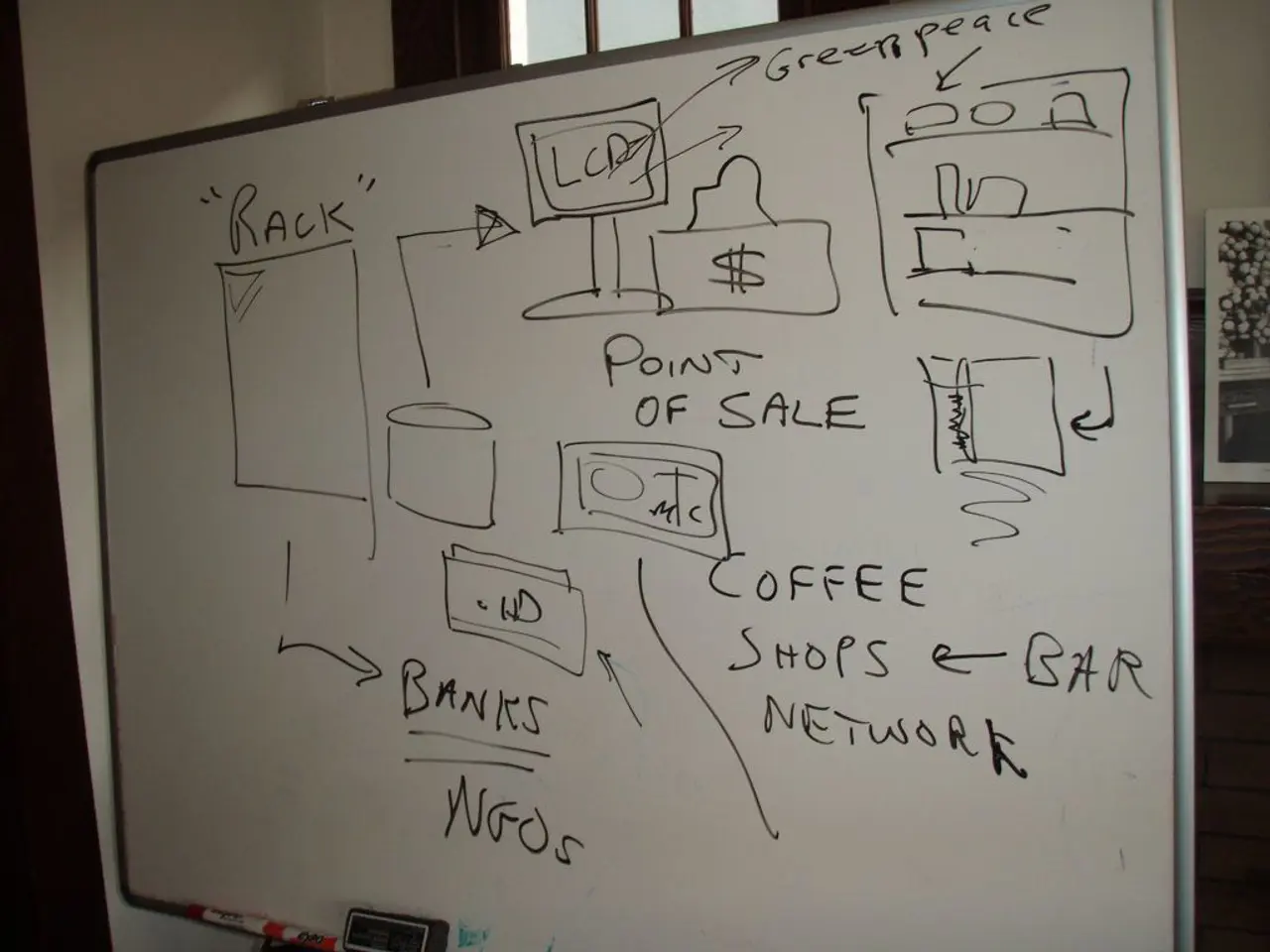Denmark engages Microsoft in developing the globe's mightiest quantum computer
QuNorth's Magne Quantum Computer: Denmark's Ambitious Project Takes Shape
The race to build the world's most powerful quantum computer is heating up, and Denmark is joining the fray. The QuNorth project, a joint venture between Denmark's EIFO and the Novo Nordisk Foundation, is currently in the process of developing Magne, a quantum computer that is expected to be a key player in Europe's efforts to compete in the global quantum race.
As of July 2025, the search for a CEO to lead the Magne project is ongoing. QuNorth is looking for a seasoned leader to helm the new company and guide it through the complexities of building and operating a quantum computer. The CEO will be responsible for establishing the board and management, which is expected to happen by autumn 2025.
The Magne project will initially employ a team of around 10 specialized employees, focused on operating the quantum computer and supporting commercial and academic users in the Nordic region. The computer will be housed in Copenhagen, making it easily accessible to researchers and businesses in the region.
Microsoft will contribute its Azure Quantum software stack to Magne, providing a robust and scalable platform for quantum computing. Atom Computing, a California-based company, will provide the hardware for Magne based on its "neutral atom" design. This design is known for its stability and reliability, making it an ideal choice for a quantum computer.
Magne is expected to include around 50 logical qubits and more than 1,200 physical qubits. Logical qubits are error-corrected "virtual" qubits made by combining multiple physical qubits, which make quantum calculations more stable and reliable. Atom Computing currently holds the record for the most physical qubits in a single system: 1,180. Rival firm Quantinuum leads on logical qubits, having demonstrated a record of 50.
Denmark's minister for business, Morten Bødskov, has stated that Denmark and the EU must seize the opportunity presented by quantum technology. With the development of Magne, Denmark is taking a significant step towards achieving quantum advantage, which could revolutionize industries such as finance, healthcare, and materials science.
The construction of Magne is expected to begin in autumn 2025, with operations set to start around the turn of 2026/27. If all goes according to plan, Magne will be a 100% Danish-owned quantum computer, with equal ownership split between the two founding institutions. The full launch and academic program for Magne is planned for late next year.
As the search for a CEO continues, the QuNorth project is moving forward with its ambitious plans to build the world's most powerful quantum computer. With the support of Microsoft and Atom Computing, Denmark is poised to make a significant impact in the global quantum race.
The Magne project, a quantum computer under development by QuNorth, will leverage cutting-edge technology from Microsoft's Azure Quantum software stack and Atom Computing's neutral atom hardware design, aiming to lead Europe's quantum race in science and technology.
Denmark's minister for business, Morten Bødskov, notes the potential for quantum technology to revolutionize various industries, including finance, healthcare, and materials science, reinforcing the importance of the Magne project in this global scientific and technological competition.




